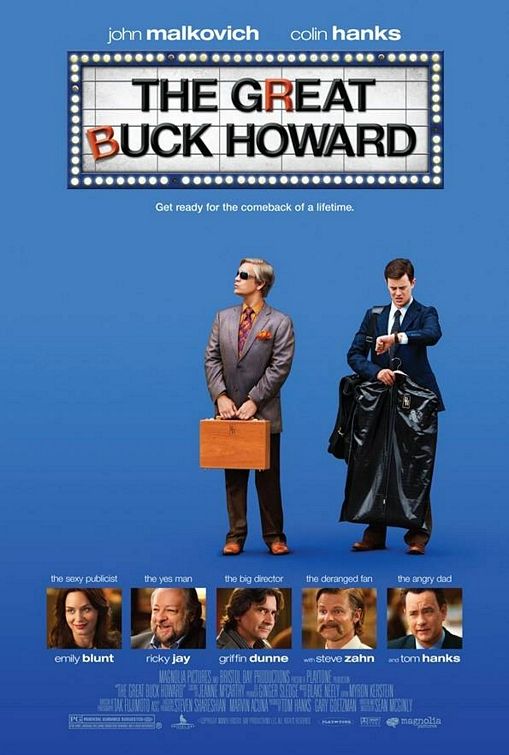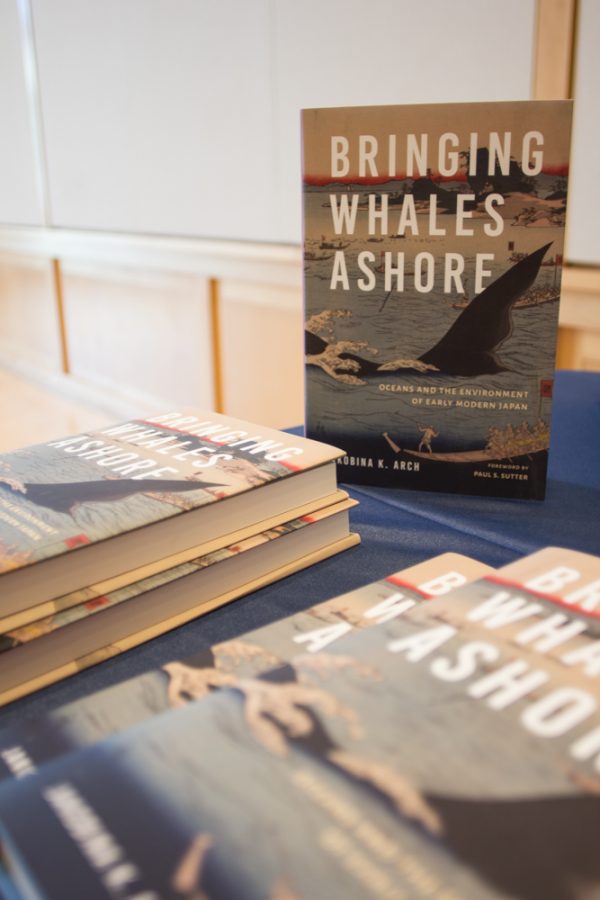In film, there is fine line between satire and feel-good ersatz. The former understands the imperfections of life and employs hyperbole to point it out while the latter takes itself much too seriously and believes that these situations always turns out well in the end. Sean McGinly’s ‘The Great Buck Howard’ treads the line that divides these two, swaying several times toward each before ultimately settling, lamentably, for the latter. Had McGinly chosen to make his film a full-fledged satire of the magic industry rather than attempting to instill an ‘it-doesn’t-matter-whether-it’s-real-just-believe-in-it’ morale, ‘The Great Buck Howard’ might have been worth remembering. Indeed, the film is a timely one: it deals extensively with the Tonight Show business and, because it was released amidst the Leno-O’Brien shift, brought out an ironic laughter every once in a while. But, this irony spurs from coincidence rather than directorial prowess. And with an agreeable cast, including the Hanks father-son duo, Emily Blunt, and the frequently brilliant John Malkovich, it is disappointing that McGinly couldn’t do any better.
The kind of humor ‘The Great Buck Howard’ uses is one that has become extensively popularized by television shows like ‘The Office’ and ‘Arrested Development’: awkward humor. Unlike these shows, Buck Howard’s (John Malkovich) awkwardness never reaches the brim of satire; his seriousness takes over once the mood gets too close or a voice over frustrates those who do not want to be babied by the film’s wannabe upbeat self-awareness. But maybe this comes from the The Amazing Kreskin, 70s mentalist from whom much of the inspiration for Buck Howard was derived. Its a wonder why they didn’t just give him a cameo appearance (similar to Tom Hanks’) too.
It is undeniable, however, that the film makes you laugh, whether you succumb to its feel-good graces or not. Only Malkovich could play such a ridiculous character so well (see ‘Burn After Reading’ for another good comic performance). The effects of his over-the-top hand-shaking, resolute egotism, and trustworthy personality permeate the populace in the places he encounters, resulting in chuckles that respond more to the ridiculousness of Buck Howard than to the (anti)comedic nature of the script.
Rather than taking a Kaufmanesque (see Charlie Kaufman’s ‘Adoptation’) twist toward the mentality of the ‘great’ mentalist, ‘The Great Buck Howard’ focuses on the quarter life crisis of Troy (Colin Hanks), a second-year law school dropout who yearns for a life change (translation: excitement). He checks the classifieds and finds an ad that leads him to become Buck Howard’s traveling manager. Here’s where the feel-goodery comes in: Troy is captivated by one of Buck Howard’s magic trick and, later in the film, by the undeniably beautiful newsreporter Valerie (Emily Blunt). Troy, who is as bland and flat as can be, wants to believe in something, yet he never really believes in Buck Howard, the guy who provides him with the ‘life experience’ he so desires, only in one of his questionable magic tricks. Moreover, his escapades with Valerie, which annoy Buck, have little to do with his maturation. Rather, they constitute an ephemerally humorous hook-up (they never even date) that exposes Troy’s clumsy weakness with relationships.
While the title of the film purports to be about Buck Howard, the film itself is about Troy’s meaningless, pseudo-crisis that ends happily opposite the monotone way it begins with no progression in the middle. And apparently, Troy has a “whole existentialist thing” that is supposed to be a turn on. Mr. McGinly should either look up the definition of the word ‘existentialist’ or get another actor before he decides to make another failed wannabe-satire.
Reel Score: 4 (out of 10)
The film ‘The Great Buck Howard’ was released back in March, but didn’t reach Alaska until this past weekend. Sarah Palin does not apologize for the delay because “Alaska should – it’s gotta be all about job creation too, you know, shoring up movies and films and popcorn and comedy romantics.”






